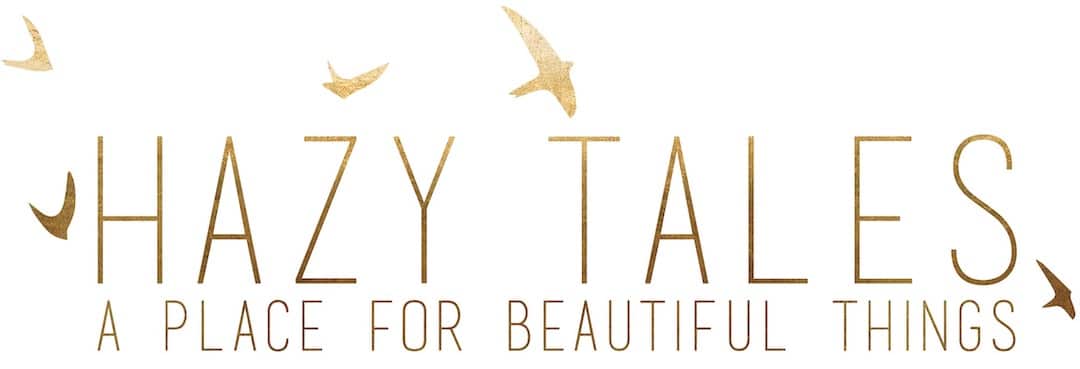
Information for weekly classes:
Information about firing and expected timescales:
- Your work will be dried out anywhere from 4 days to upto a few weeks depending on the size and thickness of the work.
- To keep things moving I often finish drying items in the kiln at 80 degrees for 10 hours so you get your work quicker ready to glaze. If items are not fully dry they will explode at boiling point as the water turns to steam!
- Once dry items are fired in a bisque firing for either 15 hours for medium rate or 21 hours for a slow bisque rate; this is to 1000 degrees. The kiln then takes an additional 30 or 42 hours to cool down. If the kiln does not cool fully and the door is opened too soon everything will crack!
- Your work will then be ready for you to glaze either the following week but often it will take 2 weeks as it has to fit in-between all the other firings and be dry enough. Larger and thicker sculptural items will be longer. You can then glaze your work.
- Then the midfire glaze firing is to 1200 degrees and takes 10hrs 15mins. The kiln then takes 20.5 hours to cool down.
- Your work will then either be on the window tables or on your shelf ready to collect; again either the following week or week after depending on the size of your work etc.
General studio info:
- Wash hands in the bucket to stop build up in the drains.
- Classes are 2.5 hours long. Clean up time is after that time ends. At the end of the session please clean tools thoroughly in the bucket and leave on the drying rack. Please don’t put tools in the cupboard dirty.
- There are 3 black bins for recycling clay. Please ensure you put your clay in the correct one. One for the wheel, labelled ‘wheel’. Clay for groggier white Handbuilding clay, label ‘HB’ and one for darker clay labelled ‘dark’. Please just ask at class if you’re not sure.
- If your waxing the bottom of your pots for glazing. Hold pot level over the pan and dip, hold over pan until dry so drips get on the floor or tables. The place on table upside down until fully cured.
- Dipping glazes are kept on the shelf by colours, ie whites and clear, greens, blues, effects, yellow oranges, pinks purples burgundy. Brushing glazes are on a trolley. Underglazes are on a trolley.
Wheel Class Info:
- For the wheel class you need to bring a towel each week.
- At the end of the class clean your wheel – use a bucket of water and one of the square sponges for cleaning. Please make sure no lumps of clay go in here, and don’t empty your slop/ water container in here – see below for where these go.
- If you get clay on the wall or mirror just wipe down with your sponge and use the small towels above to dry them off. The towels are just to dry off so please don’t touch wth clay on hands!
- Water from your slop/water container needs to go in the large white bucket labelled ‘slop buckets empty’. Please make sure no clay or tools or sponges go into this.
- Any clay needs to go into the big black clay bin (see above to ensure you have the correct one). Trimmings can also go in here.
- Please ensure no tools, sponges etc go into any of these as when I put my hand in, a needle tool for example can go straight through my hand or a tool or sponge can block and break the Pugmill.
Handbuilders Class Info:
- There are boards kept in the bottom of the tall cupboard by the wheel area. These need to be wiped down after use. There are different types for
- white clay (marine ply on the right)
- dark clay (Masonite in the middle)
- boards to dry clay out (cement sheet to the left)
- at the end of the cupboard are larger boards – for dark clay they have a ‘D’ in black on the corner.
- Rolling pins for dark clay are marked with a ‘D’ and others are for white clay.
- For the slab roller there is different canvas to roll different coloured clays through.
A few questions you may have…
What is included in the weekly ongoing classes?
The teaching, facilities, tools and clay and your bisque firing and glazes are all included in the price. The only thing extra to pay is the glaze firing fee which is $10 a kilo – approx $4 per cup to give you an idea.
What is the cancellation policy?
Due to being a small business and being reliant on numbers to proceed please allow 18 hours for any cancellations for weekly ongoing classes to not incur a fee. For the wheel classes a wage has to be paid so if the class numbers are not present the business ends up losing money.
After the minimum 6 weeks, If you decide not to come to classes anymore please try and let me have a week or 2 weeks notice so I can find someone to replace the spot. Your help with this is really appreciated.
Is there parking at the venue?
Yes there is lots of parking on the property on the grass to the right of the studio; please park somewhere on the property not the road, thanks.
Do you have directions to the venue?
Yes please visit this link. For in-depth directions scroll down to the bottom. Please make sure you park somewhere on the property, not the road, thanks.
Thanks everyone for your help with keeping the studio running more efficiently.

